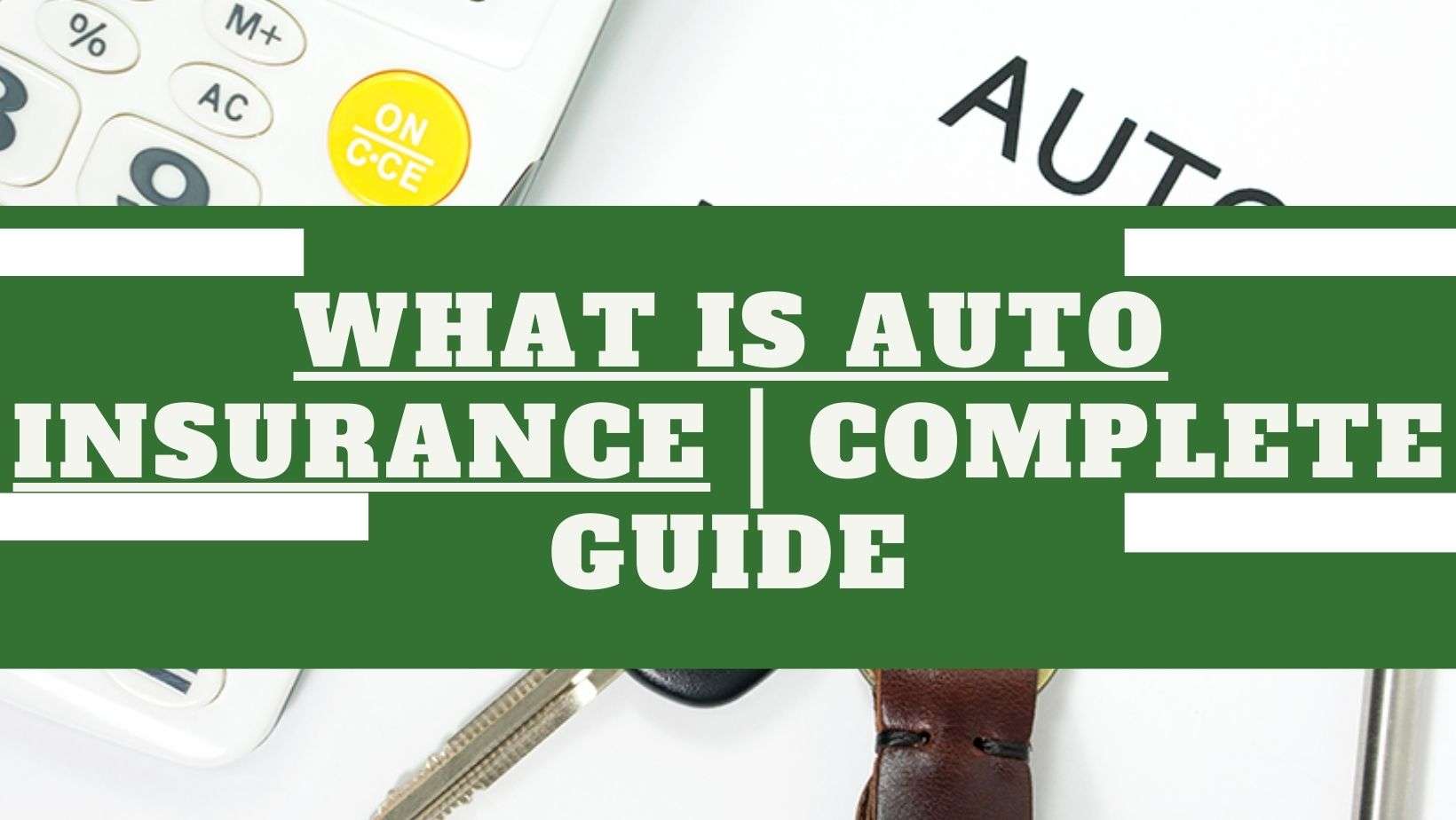What is auto insurance: The agreement that covers you against financial loss in the case of an accident or theft is known as your auto insurance policy. The insurance provider agrees to reimburse your losses as specified in your policy in exchange for you paying a premium.
Coverage for the following is offered by auto insurance:
- Property, such harm or theft to your vehicle
- Liability is the legal obligation you have to others to prevent bodily harm or property damage.
- Medical costs include those for diagnosing injuries, rehabilitating patients, and occasionally covering missed income and burial costs.
What situations and who are covered by my auto insurance?
Whether driving your own vehicle or someone else’s (with permission)—your auto coverage will protect you and any other family members covered by it. If someone who is not on your policy drives your car with your permission, your policy will also cover them.
Whether you’re traveling, doing errands, or going to work, your personal auto policy solely covers personal driving. If you drive your car for work-related activities, like delivering pizza, it won’t protect you.
Additionally, using a ride-sharing service like Uber or Lyft to transport people in your automobile will not be covered by personal auto insurance. However, several motor insurers now provide (for an extra fee) supplemental insurance packages that increase coverage for vehicle owners providing ride-sharing services.
Is having auto insurance required?
States have different regulations for auto insurance. Should you be financing a vehicle, there may be additional criteria set by your lender. Drivers in almost all states are required to carry:
Liability for bodily injury, which pays for damages resulting from accidents or fatalities you or another driver causes while operating a motor vehicle.
Property damage liability is insurance that pays out to third parties for harm you or another driver while driving your vehicle does to another car or other property, like a building, power pole, or fence.
Furthermore, a lot of states mandate that you carry:
Medical payments, often known as personal injury protection (PIP), is insurance that covers medical costs if you or your passengers are hurt. Additionally, it will pay for other associated costs and missed income.
Note: Also Check this out How to get Health Insurance
What other coverage options are customary for auto insurance?
The majority of standard, legally required auto insurance does not cover damage to your own vehicle, but it does cover damage your automobile causes. You should think about adding these optional coverages to your own auto insurance:
When you are at fault for an accident involving another vehicle or an object, such as a tree or guardrail, collision insurance pays for the damage done to your automobile. Although collision insurance won’t pay for mechanical issues or typical wear and tear on your vehicle, it will cover damage from rolling your car or hitting potholes.
Comprehensive offers protection against theft and harm resulting from non-collision events including hail, fire, flood, vandalism, falling objects, trees, and other dangers—including being struck by an asteroid!
Glass Coverage offers protection against common windshield damage. No-deductible glass coverage is a feature of certain auto plans that also covers glass sunroofs, side windows, and rear windows. Alternatively, you can purchase extra glass coverage.
What is gap insurance and do I need it?
In the event of a total loss or theft, there may be a “gap” between the amount owed on the vehicle and the amount covered by your insurance; gap coverage is typically rolled into your lease payments for leased cars. New cars depreciate quickly, so comprehensive and collision insurance only covers the market value of your car, not what you paid for it.

